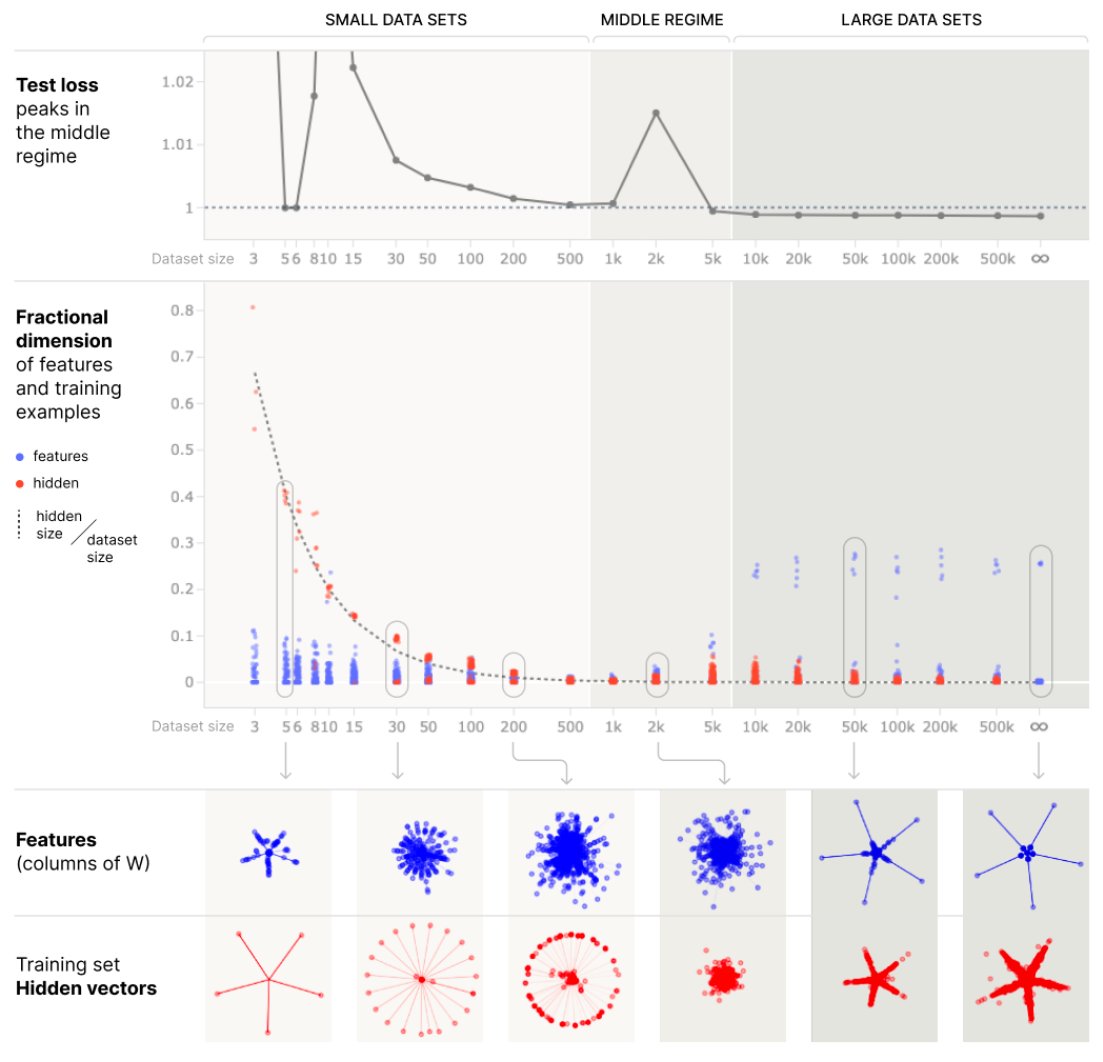
AI/ML RS @ Meta. On-Leave from Stanford w/ @sanmikoyejo. Prev @ Gemini, Meta, MIT, Harvard, Uber, UCL, UC Davis
How to get URL link on X (Twitter) App


 @JoshuaK92829 @sanmikoyejo @Azaliamirh @jplhughes @jordanjuravsky @sprice354_ @aengus_lynch1 Large Language Monkeys & Best of N Jailbreaking discovered a striking finding:
@JoshuaK92829 @sanmikoyejo @Azaliamirh @jplhughes @jordanjuravsky @sprice354_ @aengus_lynch1 Large Language Monkeys & Best of N Jailbreaking discovered a striking finding: 

 The increasing presence of AI-generated content on internet raises critical question:
The increasing presence of AI-generated content on internet raises critical question:



https://twitter.com/RylanSchaeffer/status/1816535790534701304Model collapse arose from asking: what happens when synthetic data from previous generative models enters the pretraining data supply used to train new generative model?


 Predictable behavior from scaling AI systems is desirable. While scaling laws are well established, how *specific* downstream capabilities scale is significantly muddier eg. @sy_gadre @lschmidt3 @ZhengxiaoD @jietang
Predictable behavior from scaling AI systems is desirable. While scaling laws are well established, how *specific* downstream capabilities scale is significantly muddier eg. @sy_gadre @lschmidt3 @ZhengxiaoD @jietang


 Excited to announce our newest preprint!
Excited to announce our newest preprint!
 @SAIA_Alignment @AnthropicAI Prior work answers why double descent occurs, but we wanted an intuitive explanation that doesn’t require RMT or stat mech. Our new preprint identifies, interprets the **3** necessary ingredients for double descent, using ordinary linear regression!
@SAIA_Alignment @AnthropicAI Prior work answers why double descent occurs, but we wanted an intuitive explanation that doesn’t require RMT or stat mech. Our new preprint identifies, interprets the **3** necessary ingredients for double descent, using ordinary linear regression!

 @KhonaMikail @FieteGroup The promises of deep learning-based models of the brain are that they (1) shed light on the brain’s fundamental optimization problems/solutions, and/or (2) make novel predictions. We show, using deep network models of the MEC-HPC circuit, that one may get neither! 2/15
@KhonaMikail @FieteGroup The promises of deep learning-based models of the brain are that they (1) shed light on the brain’s fundamental optimization problems/solutions, and/or (2) make novel predictions. We show, using deep network models of the MEC-HPC circuit, that one may get neither! 2/15

 @AI_for_Science @KhonaMikail @FieteGroup The central promise of DL-based models of the brain are that they (1) shed light on the brain’s fundamental optimization problems/solutions, and/or (2) make novel predictions. We show, using DL models of grid cells in the MEC-HPC circuit, that one often gets neither 2/13
@AI_for_Science @KhonaMikail @FieteGroup The central promise of DL-based models of the brain are that they (1) shed light on the brain’s fundamental optimization problems/solutions, and/or (2) make novel predictions. We show, using DL models of grid cells in the MEC-HPC circuit, that one often gets neither 2/13